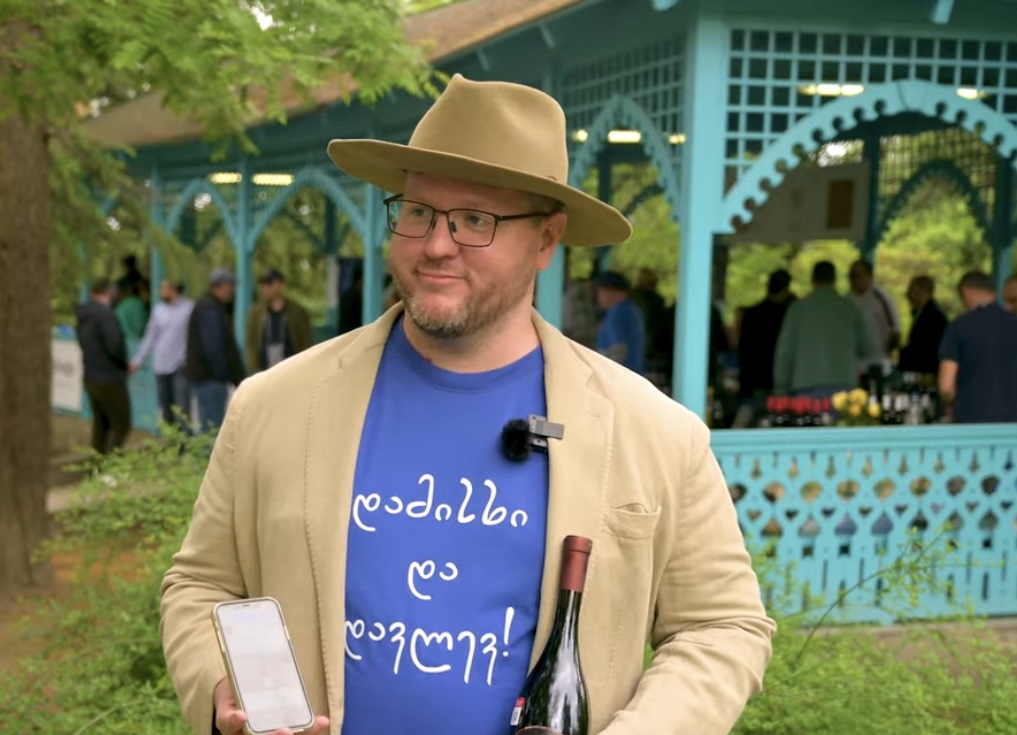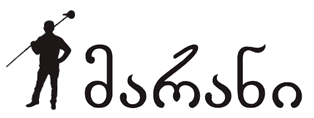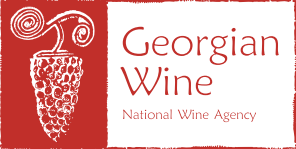
Cardano Foundation" is a Swiss non-profit organization that works to establish blockchain legislation and commercial standards in the direction of decentralized economic empowerment. Blockchain technology was created in 2008. It is a database and all transactions are stored in it along with the data. Blockchain provides an innovative opportunity to manage information processes, which can significantly accelerate and develop trading operations.
In 2022, the Swiss foundation "Cardano" signed a memorandum of cooperation with the National Wine Agency of Georgia, which was based on the creation of a unique product traceability technology for the Georgian wine industry. The first participants of the pilot program were winemakers registered in the territory of the Protected Designation of Origin of Bolnisi, an area with an ancient, 8000-year history of wine production.
Now global head of Enterprise at Cardano foundation, Jeremy Firster tells us about the inspirations and history of all this.
- How did your partnership with Georgian wine start, and what inspired the idea behind it?
- This partnership with Georgian wine started in 2021 when the Cardano Foundation, along with Scantrust, began to work with Baia’s Wines, a family-owned vineyard in the Imereti Region. Baia’s Wines spans three generations of expert winemakers, and is now under the leadership of the Abuladze family—one of whom made the coveted Forbes ‘30 Under 30’ list. By adding a scannable QR code to all of Baia’s wine bottles that were destined for international markets, we were able to demonstrate how our track-and-trace blockchain solution could be used to show consumers detailed data along Baia’s Wine supply chain journey.
The success of this initial partnership caught the attention of the Georgian government, and they were eager to learn more about how this solution could be expanded to all wineries in Georgia. We held several meetings with the Chairman of the National Wine Agency, Levan Mekhuzla, and in September 2022 signed an agreement to launch the official Georgian Wine Traceability Program, starting with the Bolnisi region as a pilot.
Today at the New Wine Festival, we are showcasing this pilot to the public with more than 30 wineries and 90 different wine varieties under the program.
- Additionally, how has the Georgian Wine Traceability System impacted local wineries and the global market, and what benefits do consumers and winemakers gain from digitizing Georgian wines?
- There are benefits to all from digitizing Georgian wines. This solution provides wineries with an easy-to-use platform that enables them to prove the authenticity of their wines and to make this information easily accessible to everyone who holds a bottle of their wine. In addition to showcasing supply chain data, product certification data from the National Wine Agency is also included, which confirms the quality of the wines offered.
For consumers, the system enables them to see exactly how and where their wine was made, plus can assure them of their chosen wine’s authenticity. Each bottle comes equipped with a label that includes a unique and secure QR code, allowing consumers to verify the authenticity and provenance of the wine. The National Wine Agency then uses Cardano to create public and verifiable records of wine certification data. When they scan this code, they can easily learn more about the wine they enjoy and the winery that made it.
For winemakers, there are also massive benefits to using what is one of the most advanced traceability solutions in the world for end-to-end verification. With the data collected in the process, they can see every location in the world where their wine is enjoyed, which can inform decisions on export market activities and focus. By using the Cardano-enabled traceability solution, the Georgian wine organization registered sales in countries they had never marketed to, from buyers keen to authenticate their purchases.
- Lastly, how do you see the future of blockchain adoption in Georgia and globally, especially in light of successful projects like the Georgian Wine Traceability System?
- The Bolnisi Wine Pilot, through collaboration with industry partners and government agencies, is a prime example of how blockchain technology can underpin the efficacy and reputation of a variety of industries. I see several other opportunities in Georgia for blockchain adoption. This includes the expansion of wine traceability to other agricultural products—an idea which came from the Bolnisi Winemakers Association. Other initiatives we see include upgrades to land title deed registries, academic certification systems, digital identity solutions, digital banking, and more. Tbilisi has a vibrant ecosystem of blockchain companies, including gaming and financial services.
- And my question is also: what you personally think about Georgian wine?
- I’m a big fan of Georgian wine and have been for years, something that has only increased with time as I have discovered the great diversity of Georgian wines and the rich heritage behind each winery. It's an honor to have a role in preserving the 8,000 years of Georgia’s wine heritage on the Cardano blockchain, helping to increase its reputation and highlight its deep history to the world. Gaumerjos!
©Wine Club/vinoge.com






